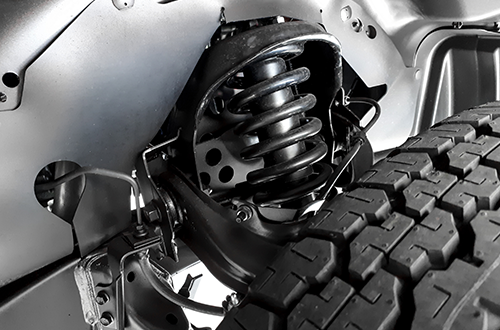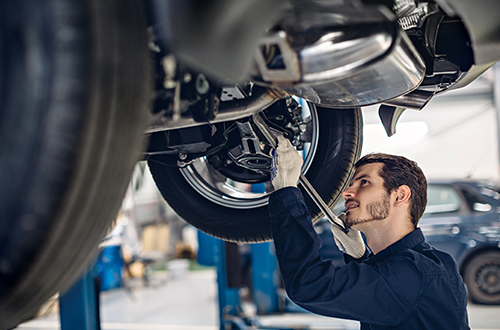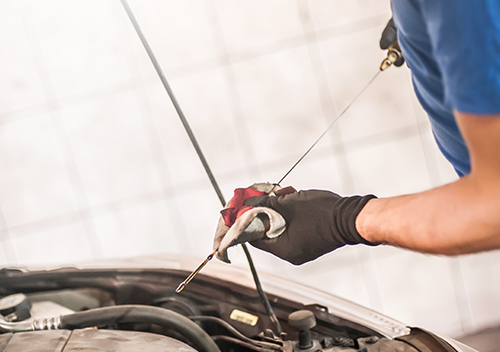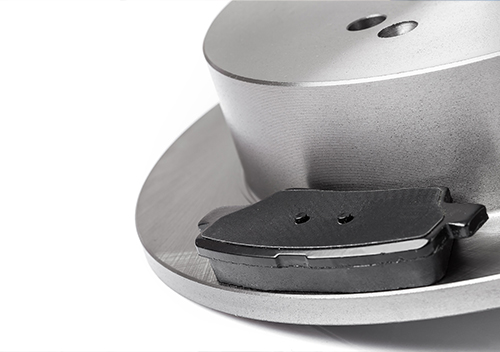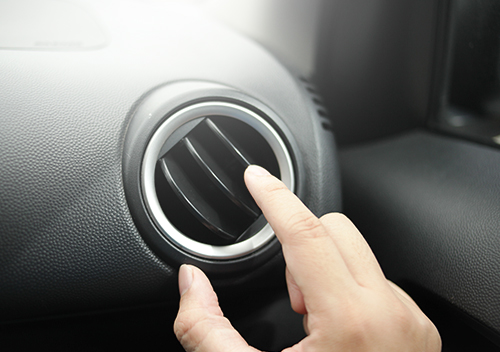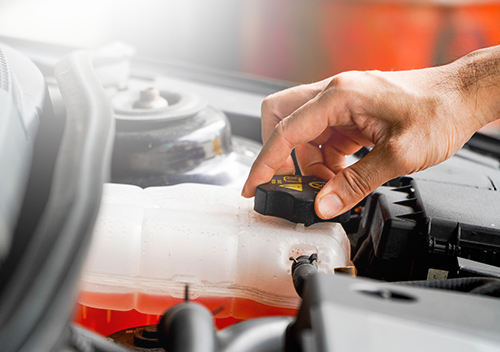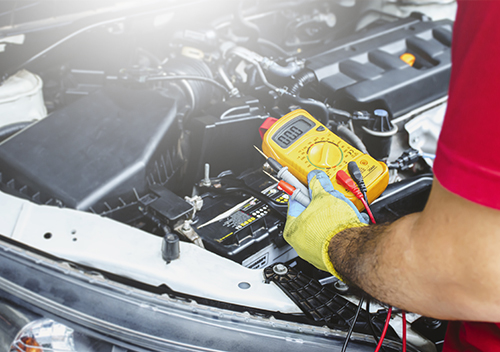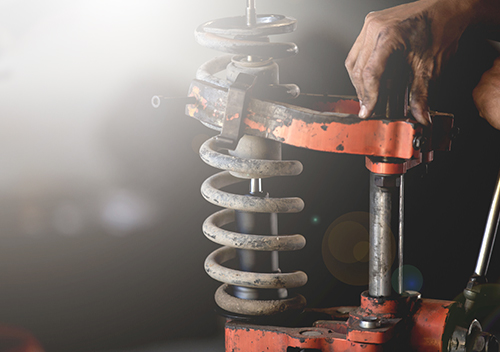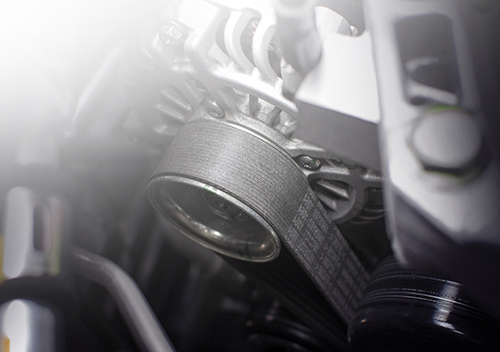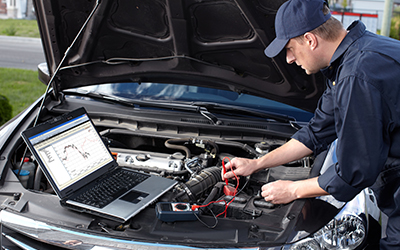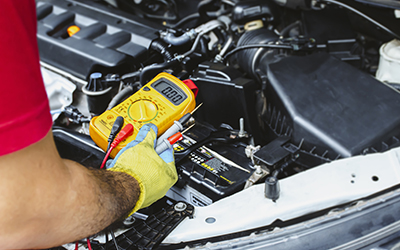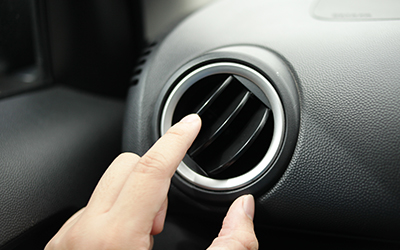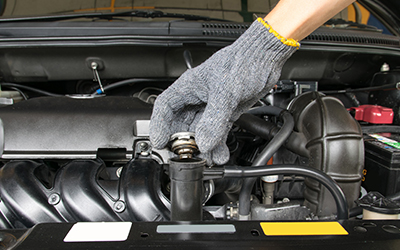Your car's shocks and struts are responsible for keeping the vehicle safely off the ground while maintaining control over uneven surfaces of the road. Shocks and struts also absorb the up-and-down movement of larger bumps or potholes in the road. Over time, shocks and struts wear out and stop functioning properly. Worn shocks or struts will reduce the stability of your vehicle and allow other components to wear or break faster. Poorly functioning shocks or struts also reduce the safety of your vehicle.
Shocks vs. Struts
While shocks and struts are both parts of your car's suspension system, they have very different functionalities. Automotive shocks absorb the ups and downs of uneven road systems. The primary function of car shock absorbers is to reduce your vehicle's bouncing motion.
Vehicle struts join the shock and spring assembly together. Struts are heavy-duty, weight-bearing parts attached to the wheel. Struts also hold your car's tires into position and provide valuable support to the vehicle's braking and steering systems.
Each suspension system is slightly different. However, the objective is always the same - to provide stability and absorption.
When to Replace Shocks or Struts?
When shocks or struts have an issue, most drivers will notice a knocking or rattling noise when they drive over a bump. Sometimes, worn shocks will provide a loud creaking sound. When your vehicle's shocks or struts are in poor shape, your car may "bottom out" when driving over a bump.
Worn shocks and struts typically influence your car's control. Worn shocks and struts will provide your vehicle with less control, while new parts will provide the most control. Routine car inspections are important to catch any undetected issues with your vehicle's shocks or struts or any other issue your vehicle may have.
Most automotive manufacturers recommend replacing the suspension every 50,000 miles. This is also the time most car tires need replacement. Our mechanics will recommend an alignment after the shocks are replaced to ensure the highest functionality.
Driving carefully to avoid curbs, potholes, and other road obstacles will help your suspension system last between 50,000 and 100,000 miles.
Certified Master Automotive Technicians
See how Waters Auto Repair can help you maintain your vehicle's performance. We love vehicles and love helping them achieve their best potential. With honest assessments, we are here to help you make the best decision for you and your family regarding your car, truck, or SUV.






